At the University of Minnesota, researchers specializing in nutrition and diet say food labels can be misleading and health is not only determined by diet.
As vegan and vegetarian diets become trendy, people’s relationships with food have changed. According to University researchers, healthy eating and diet culture can cause people to overlook other factors, like exercise and genetic factors, that impact someone’s overall well-being.
Job Ubbink, head of the Food Science and Nutrition program at the University, said just because ingredients can be hard to pronounce does not mean they are necessarily bad for your health.
There has been a drive towards a clean label, which means as few ingredients as possible, Ubbink said. This makes food more appealing to the average consumer by being easier to read and appearing healthier.
“I tend to find clean labels more appealing myself,” Ubbink said.
Allen Levine, a professor emeritus of food science and nutrition at the University, said processing does not always indicate the food is unhealthy.
A singular container of yogurt could be considered unprocessed, but add fruit and it becomes processed, Levine said. Adding other things to thicken the texture makes it ultra-processed.
“It sounds silly, because these foods nutritionally are not that different,” Levine said. “It’s the whole system that is oversimplified into four categories and it’s a trend catching like mad.”
Fifteen percent of milk sales come from plant-based milk in the United States, Ubbink said. However, plant-based milks do not provide the same nutritional benefits as whole cow’s milk, like calcium. To enhance the nutritional value of plant-based milks, vitamins and minerals are added.
A Netflix documentary released on Jan. 1 titled “You Are What You Eat” features sets of identical twins, where one twin from each set ate a vegan diet and another ate an omnivorous diet. The documentary claims that those who followed a plant-based diet would have lower levels of bad cholesterol, or low-density lipoprotein cholesterol (LDL), which decreases the risk of stroke and heart disease.
The documentary measures only LDL as an indicator of good cardiac health between vegans and omnivores, Levine said. The problem with this is that the vegan group ate and weighed less, which alone reduces LDL.
The documentary also focuses heavily on genetic similarities by using twins, and left out environmental factors such as accessibility and availability of foods, Levine said.
David Jacobs, a professor of public health at the University, said when trying to decide on a diet to follow individuals should consider the following aspects: moral, climate, societal and health.
It can be difficult to recommend a diet to anyone because accessibility is an important factor, Jacobs said. Some people are forced to eat a certain category of foods because of financial reasons, dietary needs and proximity to groceries, according to Jacobs.
Eating a nutritionally rich plant-focused diet with the idea of limiting and not restricting meat is a healthy way to approach food, Jacobs said. Eating this way has been found to reduce the risk of developing cardiovascular disease by 52%, according to a study.
Manufactured plant-based foods that simulate animal products have not been studied fully when it comes to human health, Levine said. The environmental claims such as a lower ecological footprint and less water usage are more believable, but the health claims should be taken with caution.
Plant-based “meats” are usually high in sodium, which can lead to elevated blood pressure and an increased risk of stroke, Ubbink said.
On Ph.D. exams, Levine said he always asked his students how they would test if a banana is healthy with the knowledge that it is virtually impossible to test because of factors like genetics, exercise, calories and the environment. It is not just what someone eats.
“In the U.S., we tend to be very absolute about our food in right[s] and wrong[s],” Ubbink said. “But that is not what a diet stands for.”










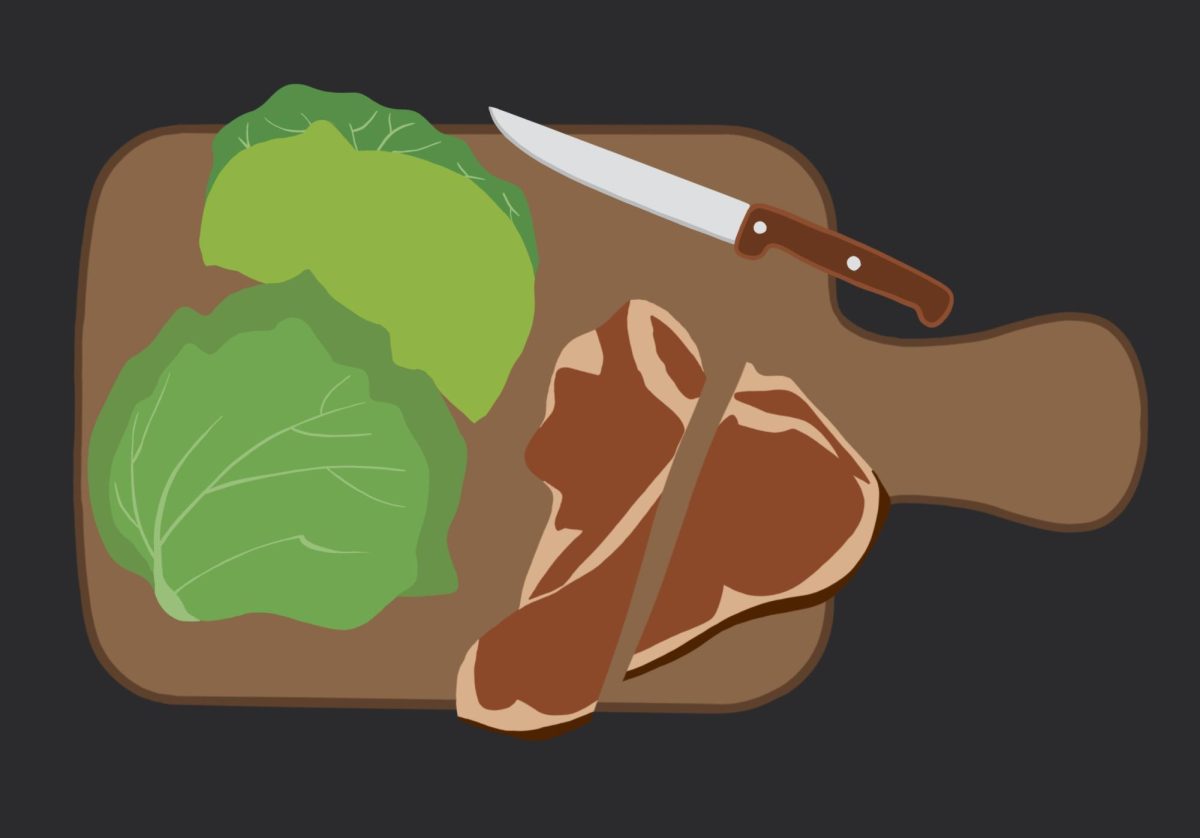

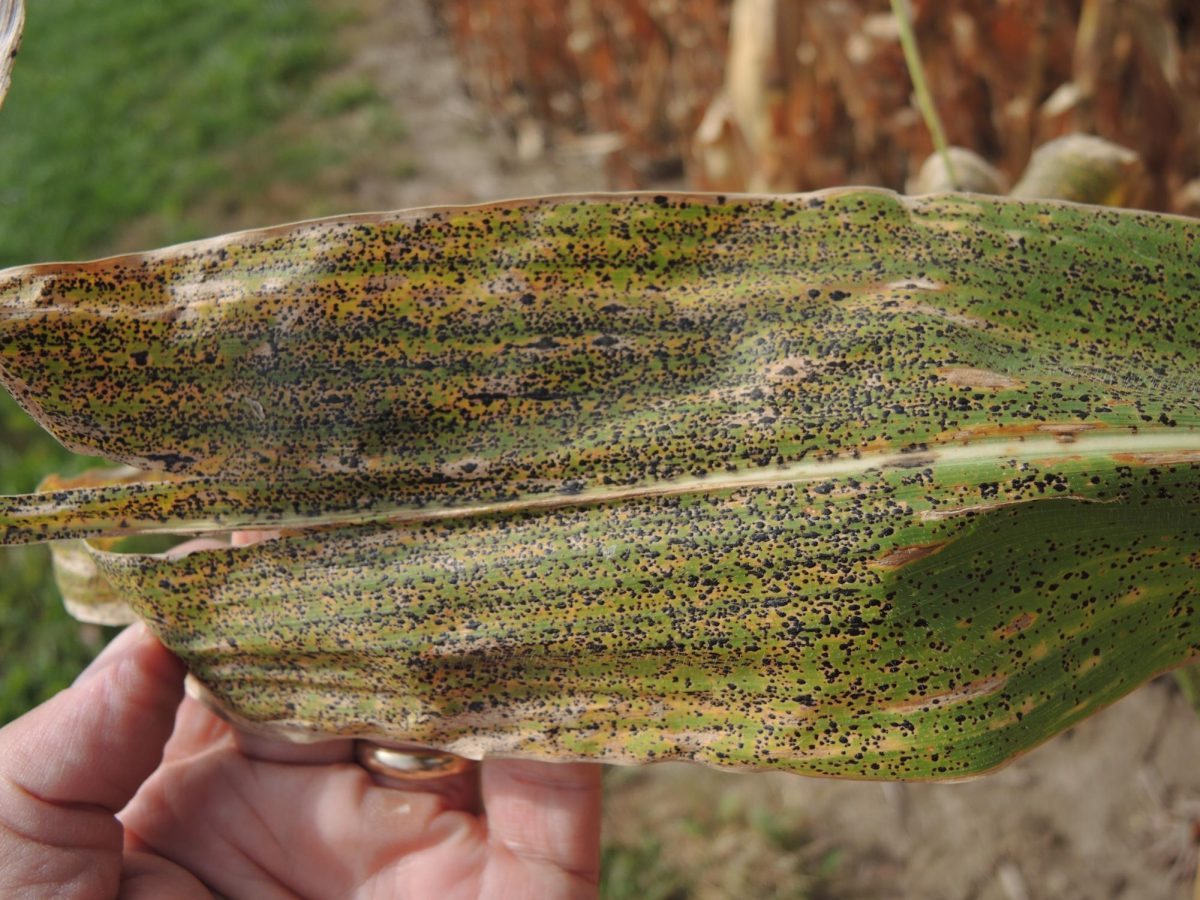



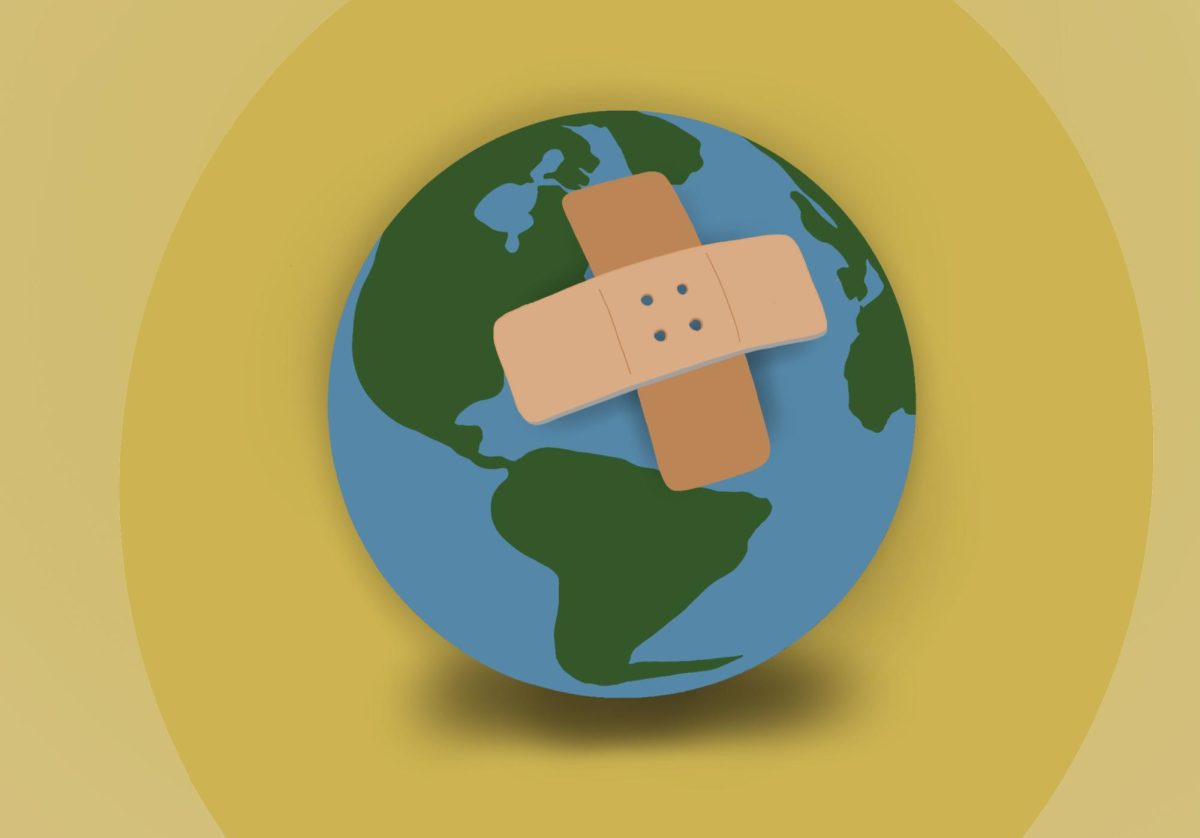
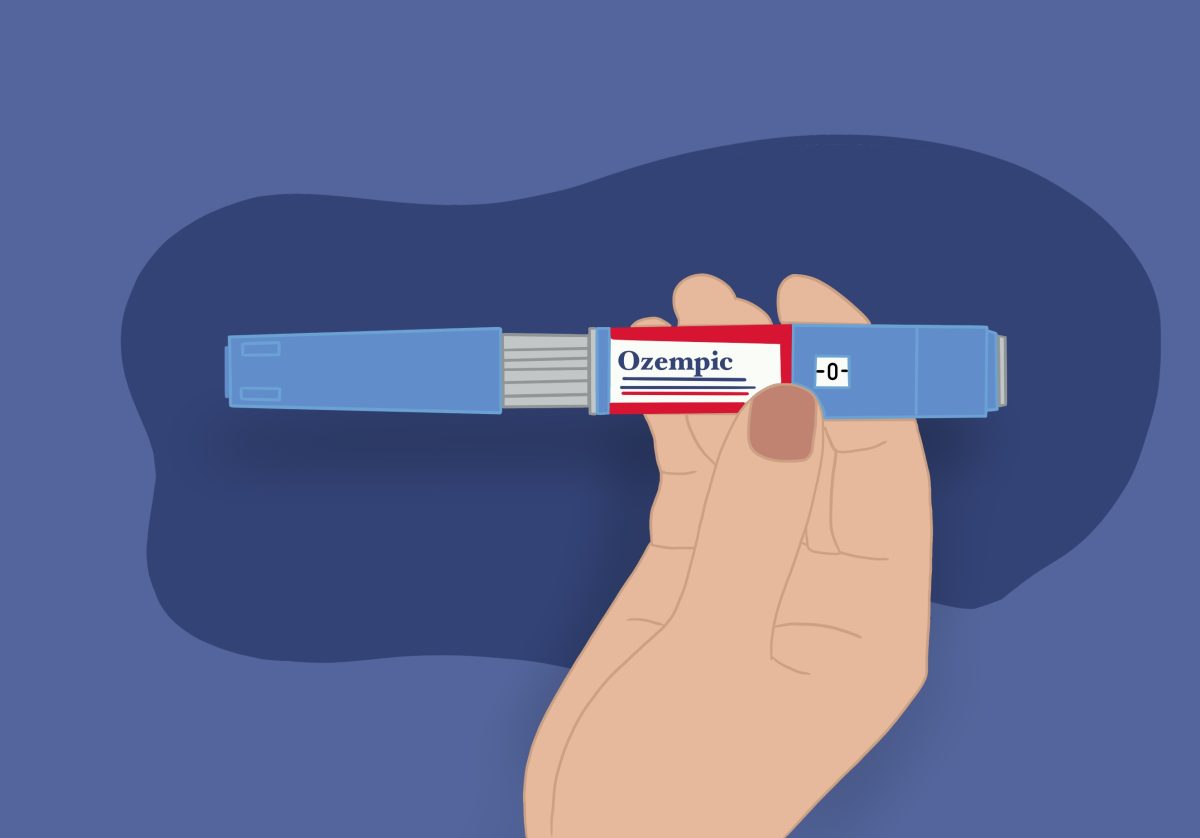

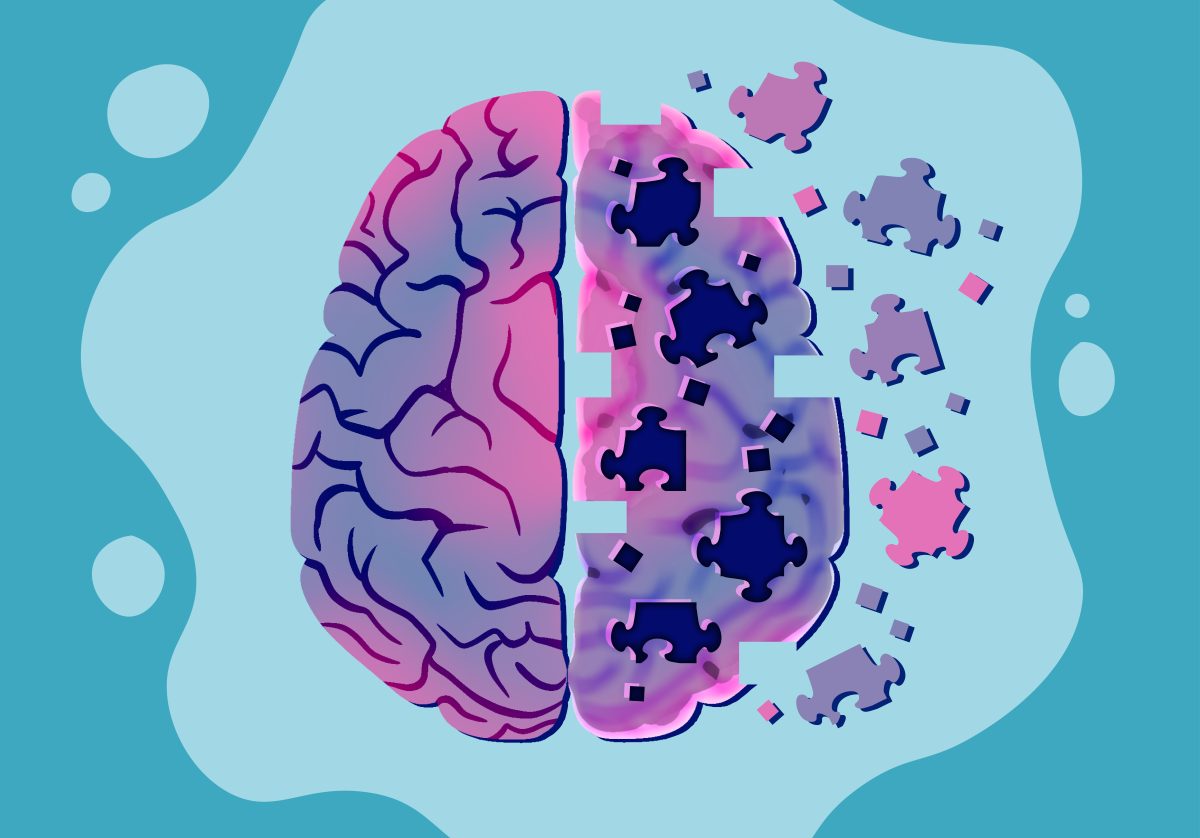
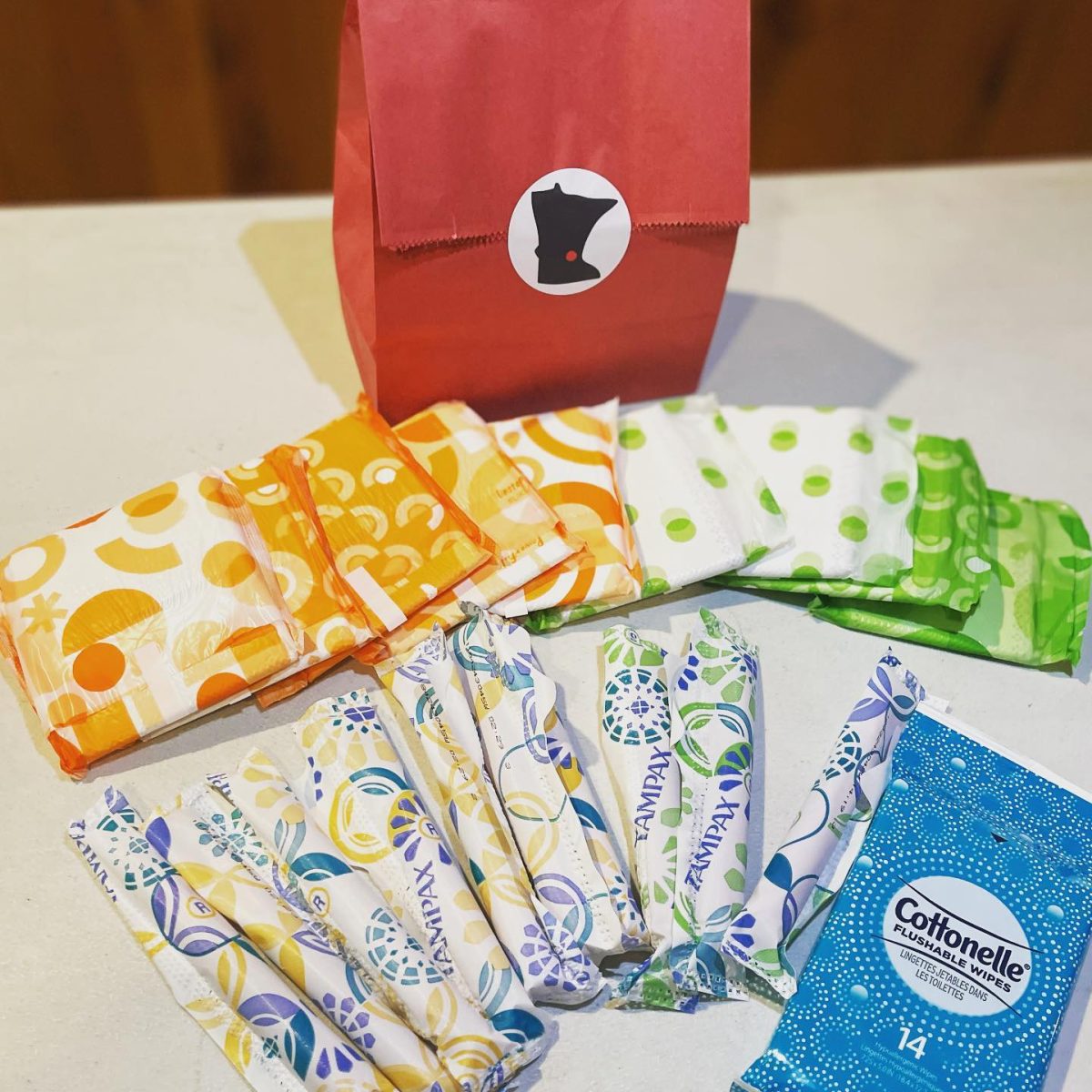
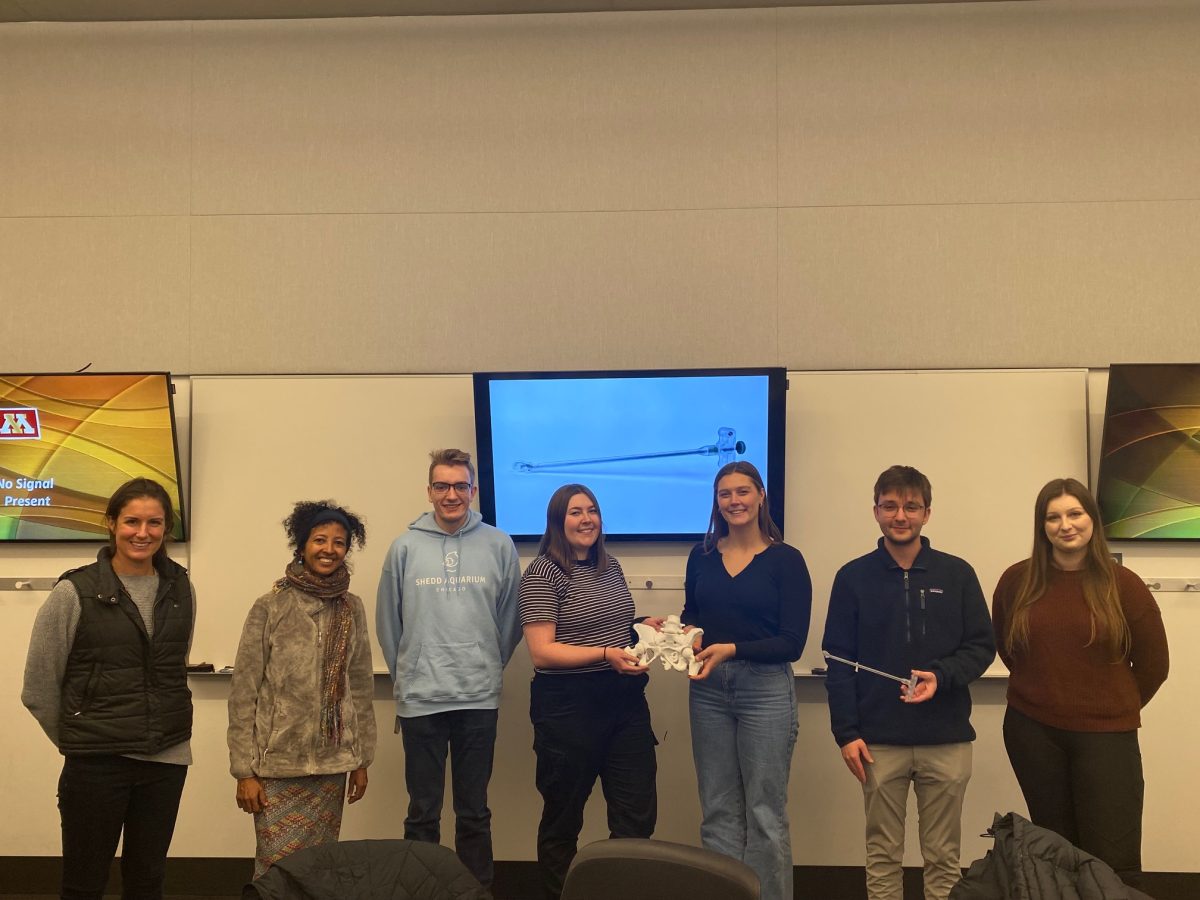


Dian
Jan 24, 2024 at 12:54 pm
While I agree with the all too obvious and simplistic article “UMN researchers say diets are not one size fits all”, the conclusions totally ignore that on our planet today especially, it is absolutely also a matter of what can an individual and what we all can try our best to do to optimize our own health and the health of the planet. We may have to do some searching/researching on our own. It is now very easy to You Tube out. Answers come from true research: Veganism is hands-down THE best diet for the planet and for longevity. A distant 2nd for the planet includes small amts. of grass fed and finshed/ wild caught meat seldom eaten (like apes, whose digestve system thrives on plants 95%+ diet. People who want to be well and who live poor or in food desserts can live well on bags of potatoes, onions, non-organic greens, especially brassica family of denser growth that has less pesticide surface-area. one can also thrive on non-organic fruit that has a thick skin. Aldi foods is cheaper than buying processed junk that turns your dopamine-loving brain into a never satisfied and damaged state. This article is a non information and a what? research piece. It does, however, wet your appetite to look into the whole health field. I’m just tired of too many of us seeing this world as narcissists and not as humanitarians who eat for the 8 billion and who eat for the forest from the trees that are burning and absent and disappearing by the millions of acres per year due to the cow industry in what was our vital oxygen producing rain forests.